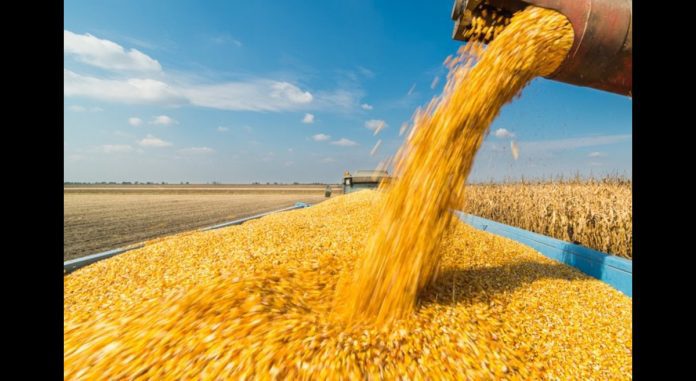News in Brief:
– Morocco is grappling with persistent drought impacting wheat production, prompting the government to offer subsidies for companies storing imported wheat.
– This aims to ensure a stable supply of wheat and mitigate potential price fluctuations in the face of ongoing climatic challenges.
Facing ongoing dry conditions that threaten domestic cereal production, the government of Morocco has announced a new round of subsidies, according to a press release by the National Grain Agency (ONICL).
The move is aimed at encouraging businesses within the country to store imported wheat. It offers a subsidy of 100 kilograms every two weeks, for companies storing up to 1 million tons of imported soft wheat.
Businesses that have imported wheat between 1 February and 30 April, 2024, can benefit from the program but they must hold the reserves for at least three months.
This initiative follows an earlier subsidy program announced earlier in the year, which targets the import of 2.5 million tons of wheat during the same period. People in the country consume three times more wheat than the global average, hence, the focus on ensuring there is enough of the crop.
Drought, agriculture and Morocco’s economy
Despite increased rainfall in 2023 compared to the previous year, Morocco’s agricultural output remains below optimal levels. The 2022 drought significantly impacted yields, contributing to rising food prices and increased reliance on imports. It is described as the worst drought that the North African country has experienced in decades, leading to its hottest year in the past 40 years.
Agriculture remains a critical sector for Morocco’s economy, accounting for over 10% of GDP and employing 39% of the workforce. However, the sector is highly susceptible to weather fluctuations, highlighting the need for measures to mitigate drought risks. Its effect on the country’s economy is clear as its gross domestic product (GDP) for 2022 grew by only 1.1%.



